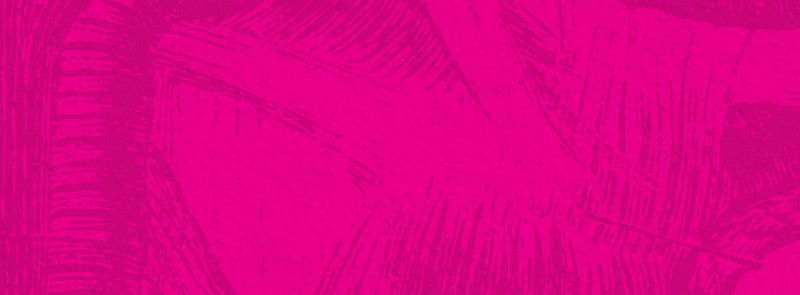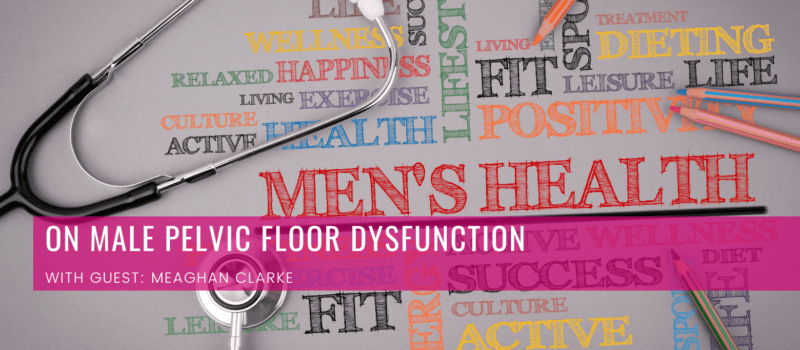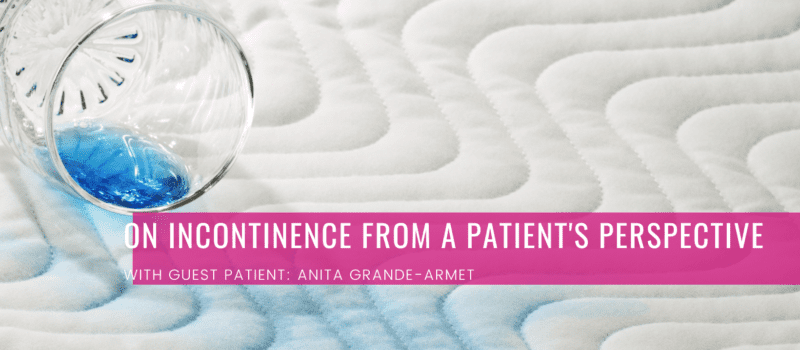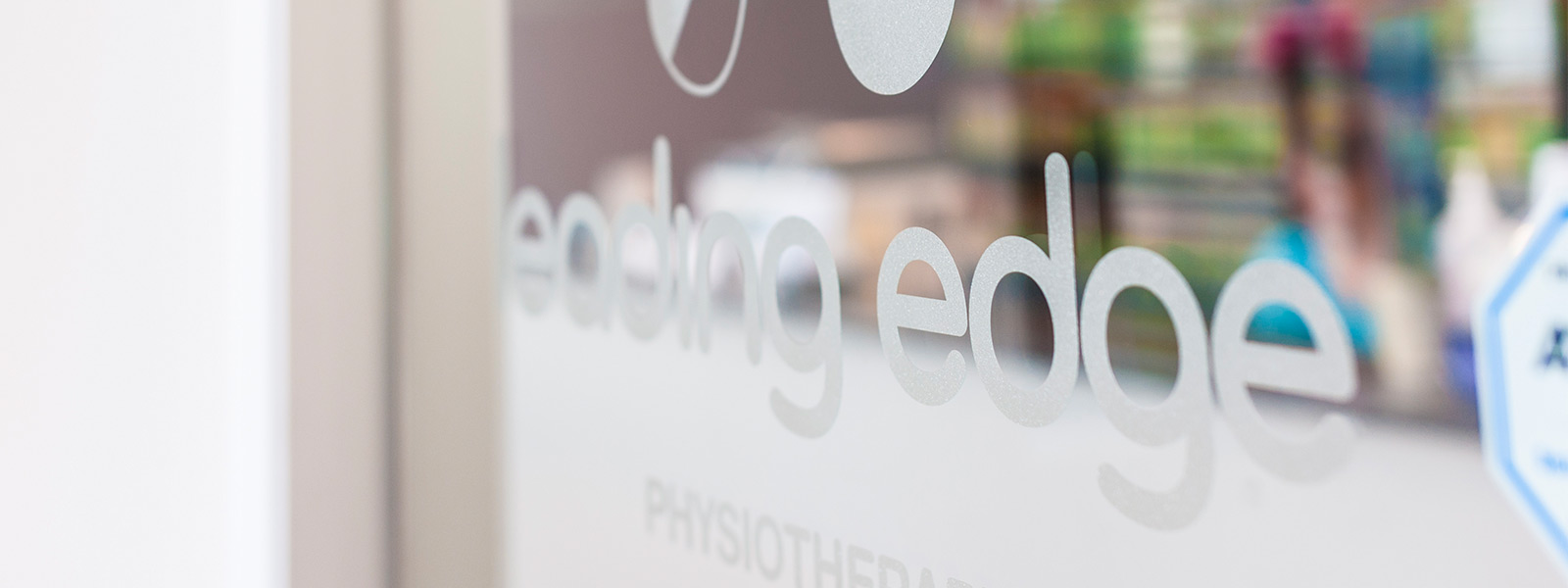
Available at Windermere, St. Albert, and Capilano Rehabilitation Centre locations.
your pelvic health deserves a personal and professional approach
Leading Edge Physiotherapy is pleased to offer Women’s and Men’s Pelvic Health Physiotherapy for those patients dealing with pelvic dysfunction in Edmonton and St. Albert. We offer our services in a private, comfortable and professional setting that allows you to make the progress you deserve.
Pelvic health issues can come in a variety of forms. They can be embarrassing, stressful and isolating. You are not alone. We have done our homework and are excited to put today’s innovations together with the experts who know how to apply the research and skills needed to improve your function.
Leading Edge Pelvic Health treatments encompass a wide variety of assessment and treatment techniques based on your specific needs. Pelvic health care is a multifaceted area in health management and we bring a well-rounded approach to it. We believe that pelvic floor dysfunction including pre/post surgical management and their respective treatment needs are unique and require a perspective and expertise that reflect this.
Our experts offer pre and post rehabilitation management of conditions affecting women during their pre and post pregnancy stages and pre and postmenopausal stages of life. We provide care for patients that are pregnant or are 6 or more weeks post-partum and have had their post-partum follow up from their care provider. Our Men’s and Children’s Pelvic Health program is designed to provide the same expert and professional approach. We recognize that the issues faced by all patients require an expert dedicated to the specific needs of this patient population.
We are offering the following pelvic health services:
- Pre / Post Natal Care,
- Bowel or Bladder Incontinence Physical Therapy,
- Pelvic Organ Prolapse Treatment,
- Pelvic Pain Management,
- Pre/post surgical care for prostatectomy, c-sections, bowell and bladder.
Specifically, we can provide treatment for and manage:
- Pain, increased tone, scarring or adhesions noted on vaginal and/or rectal palpation and examination.
- Decreased strength within the pelvic floor, and or issues with relaxation of the pelvic floor.
- Perineal laceration during vaginal delivery.
- Urinary and bowel incontinence.
- Diastasis rectus abdominis.
- Symphysis pubis.
- Cesarean section scar mobilization.
- Pelvic, low back and hip pain.
- Pre and post natal care including birth preparation.
We also offer services for children: (Currently offered at our Windermere Location)
Having a child is a life changing experience and bringing a new person into this world is simply amazing.
Along with the exuberance of motherhood comes with it the physiological changes that are inevitable.
During pregnancy, your ligaments become more pliable, blood volume increases, there are stresses applied to your joints and other tissues and even your alignment can change. These changes are necessary part of the process but when your body is going through so many changes, there are always areas that may not react as predictably as the rest of your body. In the time after birth, you may be experiencing recovery from an injury that is a result of the birthing process or you may be dealing with issues that are due to the physiological changes that occur during child birth.
Leading Edge is there with you.
Often, we are given information about pregnancy and childbirth and in some instances think that certain issues are to be expected. While these issues are more normal than one thinks, it does not mean that it has to be your new normal.
Here is a list of what you should not be experiencing during or after your pregnancy:
- leaking urine, gas or stool when you laugh, cough, sneeze, jump or run.
- ongoing pelvic or back pain
- feeling of pressure or heaviness in your vagina or rectum
- pain during intercourse.
Our Pre and Post Natal Care treatments are aimed at making the above experiences a thing of the past.
Incontinence does not have to be a normal part of aging or pregnancy.
If you are dealing with incontinence the first thing that you need to know is that it CAN be helped. Our physical therapy program is designed to help. Our experts can work with you to develop the muscles and teach you strategies that are needed to help you regain control.
More than 3.3 million Canadians experience bladder incontinence. So, as you can see, you really are not alone. Despite the prevalence of incontinence, it does not mean that you need to live with it.
Our pelvic health experts look to uncover the cause of your incontinence. For women, pelvic floor muscle training has been proven effective for those suffering from urinary incontinence.
What Causes Incontinence?
Contrary to popular belief, incontinence is not a normal part of the aging process. It is not a disease. Often referred to leakage, incontinence is a symptom of malfunctioning in your physiological or mechanical system. In most cases it is a result of lacking adequate pelvic floor muscle function. These muscles can become weakened (or unable to relax) due to injury, pregnancy and/or poor daily habits.
Two of the most common types of urinary or bladder incontinence are:
- Stress: This is a mechanical issue that occurs when the urethra is unable to handle increased pressure on the bladder that occurs with exercise, coughing or sneezing
- Urge: Bladder urge is normal (a feeling that one has to go to the bathroom), but urgency (the need to get there quick) is not. This is best described as the need to get to the bathroom and the feeling that you are not going to be able to or failing to.
If you suffer from incontinence the right time to begin treatment is now. Call us today!
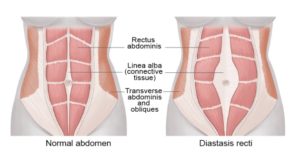 Some women require some assistance
Some women require some assistance Scheduling your first appointment with a pelvic health physiotherapist can be a little nerve racking, but don’t be shy! Let’s ease those jitters. Here is a run down of what you can expect to happen on day one.
Day one is all about trying to get to know you as much as possible and determining the drivers behind your concerns. Whether you are experiencing bladder leaking, constipation, pelvic pain, etc., it’s important to learn about your medical, family and social history.
Upon arrival at our clinic, you will have a little bit of paperwork to fill out. If you can, arrive 10 minutes early so we can make the absolute most of your appointment.
Next, you will meet your pelvic health physiotherapist and be led back to a quiet private room. Here we begin by discussing what has brought you in to the clinic. We will ask you questions about:
- Current complaint
- Medical and urogynecology history
- History of pregnancies and delivery for women
- Bowel and bladder habits
- Fluid and diet habits
- Work and activities
- Goals
After getting to know you a little better, we will begin a thorough external and internal physical exam. An internal examination is necessary to truly determine the status of the pelvic floor muscles as they are located deep within our pelvis. That being said, if you are not comfortable with an internal exam, you will always have the opportunity to discuss the benefits and risks of this with your physiotherapist beforehand.
You will be asked to disrobe from the waist down, get comfortable lying down on your back and drape yourself with a cotton sheet.
Using gloves, we will begin with the external component. This will include looking at:
- Breathing patterns
- Rectus diastasis or abdominal muscle separation
- Tenderness along the abdomen, low back, thighs and groin
- Connective tissue mobility in the abdomen, low back, thighs and groin
- Reflexes
- Evaluation of prolapse
- Observe how your muscles respond to cues like “cough”, “stop the flow of urine”, “stop the pass of gas” and “do a pelvic floor contraction”
Using gloves and lubricant, the internal exam for women can be either vaginally and/or rectally depending on the case and comfort level. For men this will be a rectal exam. No speculum or other instruments will be used and it will typically take about 10 minutes. It’s so important to remember that you always have the right to stop the evaluation at any point or refuse an internal exam at any point.
Internally, we will assess:
- Pelvic floor strength and endurance
- Ability to relax the pelvic floor muscles
- Tension and tender points within the pelvic floor
- Response to those same cues: “cough”, “stop the flow of urine”, “stop the pass of gas”
Once this has all been evaluated, we will spend some time debriefing on what we’ve found. We’ll discuss pelvic anatomy and the function of the pelvic floor. Together, we will review different treatment options and come up with a plan that works best for you.
It’s as simple as that! Our pelvic health physiotherapists at Leading Edge Physiotherapy are passionate about what we do. We love helping our patients accomplish their goals and live their lives without restrictions from their bladder and bowels.
We offer our programs at the following locations:
- Pelvic Health Programs in Edmonton at our Leading Edge Physiotherapy Windermere Location
- Pelvic Health Programs in St. Albert at our Leading Edge Physiotherapy St. Albert Location
St. Albert
Lindsay James: Lindsay has been practicing since 2010 and has extensive training in Gunn IMS for chronic pain as well as a mini-residency in TMD and Oralfacial pain. She has undergone training with Dianna MacDonald at the Urogynaecology clinic within the Lois Hole Hospital for Women. She also has pursued furtherpost-graduate education with an emphasis on pre and post-natal exercise prescription as well as birth preparation.
Windermere:
Meaghan Clarke: Bio Coming Soon
